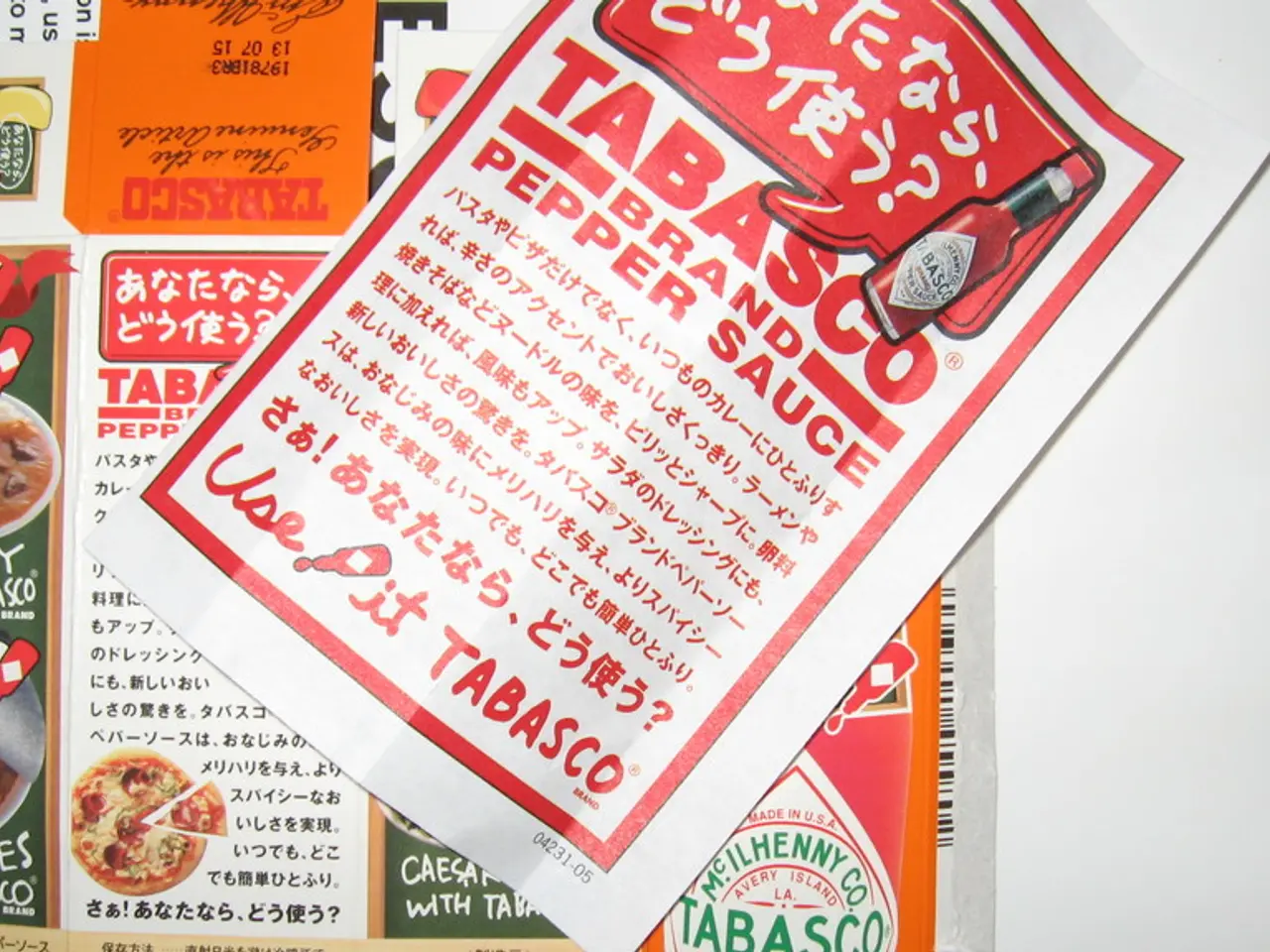Stricter Food Safety Regulations Imposed by FSSAI due to Apprehensions Surrounding Indian Spices' Quality
Spicing Up Food Safety: FSSAI's Crackdown on Indian Spices and Beyond
India's food safety watchdog, the Food Safety and Standards Authority of India (FSSAI), has ramped up its regulatory efforts in response to carcinogenic substances found in Indian spices. This global spotlight has resulted in increased vigilance of Indian spice exports.
In the spring of 2024, spice blends from well-nown Indian brands garnered attention from health authorities in Hong Kong due to the presence of ethylene oxide, a possibly carcinogenic chemical. This revelation spurred product recalls and a surge in international monitoring of Indian spice exports.
FSSAI responded to this crisis by conducting a rigorous quality and safety assessment of Indian spice products. Between May and early July 2024, the agency tested 4,054 spice samples, with nearly 12% failing to meet established safety and quality standards.
To address these concerns, FSSAI has announced stricter regulations and enhanced monitoring mechanisms to safeguard consumer health and uphold India's position as a prominent global spice exporter. The regulatory body issued directives to spice manufacturers, demanding stringent quality control measures and adherence to international safety norms.
The crackdown on unscrupulous manufacturers has raised concerns within the spice industry, as manufacturers and exporters face increased scrutiny from both domestic and international regulatory bodies. However, experts anticipate that these measures will spark long-term improvements in food safety, restoring consumer trust in Indian spice products.
Beyond spices, FSSAI has introduced several new testing protocols and compliance requirements under its recent regulatory updates to improve food safety across India. Key aspects of these new measures include:
New Testing Protocols and Compliance Requirements
Revised Food Packaging Regulations (Effective March 28, 2025)- The use of certain categories of recycled plastics in food packaging is now permitted, provided they meet stringent safety and quality standards.- Strict limits on the migration of substances from packaging into food have been established to prevent contamination.- Only approved recycling technologies can be used in food packaging, prioritizing safety in the recycling lifecycle.- Food packaging must clearly indicate the use of recycled materials and maintain traceability for transparency and product safety.- Manufacturers and regulators must adhere to new testing and certification mandates, while food companies must update their quality checks accordingly, benefiting consumers with safer and more sustainable packaging.
Food Safety Officer Qualifications and Amendments- FSSAI has updated the qualifications for Food Safety Officers to enhance their enforcement and inspection capabilities.
Amendments to Food Product Standards and Additives Regulations- Proposed revisions focus on updating testing protocols for specific food products, such as cheese, to ensure compliance with new food safety standards.
Prohibition and Restrictions on Sales Regulations- New regulations, like those on vegan food imports, require proper documentation and certification from exporting countries, hinting at stricter controls and verification procedures.
Under this framework, food businesses must obtain the appropriate FSSAI license and maintain ongoing compliance through inspections and sampling. The new regulations emphasize a scientific approach to food safety, risk-based inspections, and promote awareness and capacity building throughout the food sector.
With India being one of the world's largest spice producers and exporters, these tighter food safety norms mark a significant step toward ensuring the quality and safety of its agricultural exports. The authorities urge manufacturers to comply with the revised standards to avoid further penalties and trade disruptions, aiming to provide greater assurance to consumers regarding the safety of food products available in the market.
:bullet: Further Reading:
- Sensex Nifty Stock Market Plunges Over 800 Points Amid Global and Domestic Concerns
- Prosus Acquires Just Eat Takeaway for $4.3 Billion: A Strategic Move in the Food Delivery Sector
- The global market is keeping a watchful eye on the quality and safety of Indian spice exports, particularly news about carcinogenic substances found in Indian spices.
- A recent revelation about ethylene oxide presence in spice blends from well-known Indian brands led to recalls in Hong Kong and increased international monitoring of Indian spice exports.
- FSSAI, India's food safety watchdog, has responded by implementing stricter regulations and enhanced monitoring mechanisms to safeguard consumer health and uphold India's position as a prominent global spice exporter.
- In addition to tightening regulations on spices, FSSAI has introduced new testing protocols and compliance requirements to improve food safety across India.
- These new measures include revised food packaging regulations, updates to Food Safety Officer qualifications, amendments to food product standards and additives, and restrictions on certain food imports.
- Under these new regulations, food businesses must obtain appropriate FSSAI licenses and maintain ongoing compliance to avoid penalties and trade disruptions.
- With stricter regulations in place, India's position as a significant player in the global market, specifically in the food-and-drink, health-and-wellness, and lifestyle sectors, is set to strengthen, ensuring safer and more sustainable food products for consumers.







